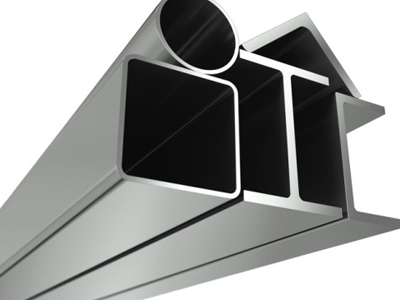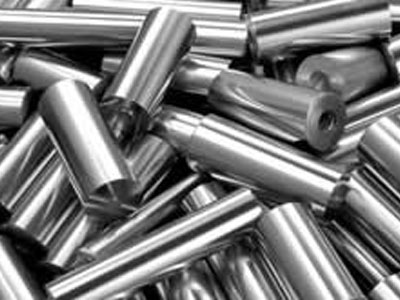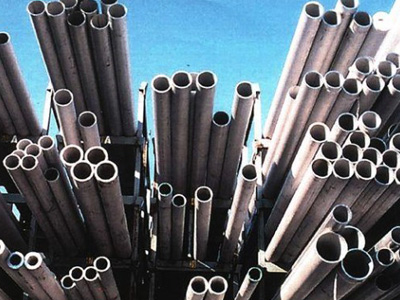Triplate®
Continental Steel is the exclusive distributor of Triplate Structural Transition Joints in North America. Triplate is the premier solution for welding aluminum to steel in maritime environments. This revolutionary product enables yacht and ship manufacturers to weld steel hulls and aluminum superstructures directly instead of using traditional nut-and-bolt and rivet joints. This allows for speedier assembly and increased corrosion resistance, as there are no openings for the infiltration of corrosive seawater. A compound of three bonded layers, Triplate is produced using a one-of-a-kind explosion vacuum cladding process which precludes corrosion from seawater. The ability to weld steel directly to aluminum creates a list of benefits for shipbuilders including:
- Reduced Assembly Time
- Reduced Corrosion
- Extended Lifetime Effectiveness
- Reduced Need for Upkeep, Refurbishment and Replacement
LNG Transportation
Many industries including maritime transportation face increasing challenges caused by regulations, particularly those regulations related to pollution. As of January 1, 2015, limitations on the amount of sulfur content in marine fuels worldwide were reduced to 0.1%.
Of the available fuel options (diesel, heavy fuel oil using a scrubber, and liquefied natural gas or LNG), LNG appears best able to meet the new pollution standards. LNG has no sulfur and compared to the other fuels, produces lower NOx emissions. Furthermore, even with lower prices for oil-based fuels, LNG remains very attractive. The question however is, what material(s) work best in manufacturing maritime fuel tanks capable of holding large amounts of LNG?
Nickel Steel
Nine percent nickel has been the standard for LNG storage tanks since 1946. Known for its durability at low temperatures, the nine percent nickel steel performs well with an absorbed energy of 60J at temperatures down to -196°C. The metal alloy also resists brittle crack initiation.
Recent advances in alloy technology have allowed for the development of an alternative to nine percent nickel steel. The new alloy is also part of the nickel steel family. This nickel steel has a lower nickel concentration between six percent and seven and a half percent. The metal alloy maintains good impact properties at welded joints. It also has superior fracture resistance in connection with crack initiation and propagation properties as a result of advanced TCMP. However, the overriding benefit may be its lower price.
Carbon Steel
Carbon steel plate is well suited for the marine industry. It is known for its weldability and durability. It offers high strength with low coefficients of thermal conductivity although carbon steel in low-temperature conditions requires heat treatment.
Varieties of carbon steel plate include:
- ABS Steel Plate – High-strength plate ideal for shipbuilding, especially in the construction of structural components and parts for barges, ships, and other marine vessels and equipment. Grades include AH36, DH36, and EH36.
- API 2H Steel Plate – Medium strength, normalized plate exhibiting higher impact toughness and prevention of fatigue loading. Generally used for structural applications such as welding in the construction of offshore structures.
- A633 Steel Plate – Normalized, high-strength plate well suited to low ambient temperatures. Ideal for use in riveted, welded, or bolted construction applications.
Contact Continental Steel today to discuss all your marine project requirements. We will help you find the exact solution you need.



